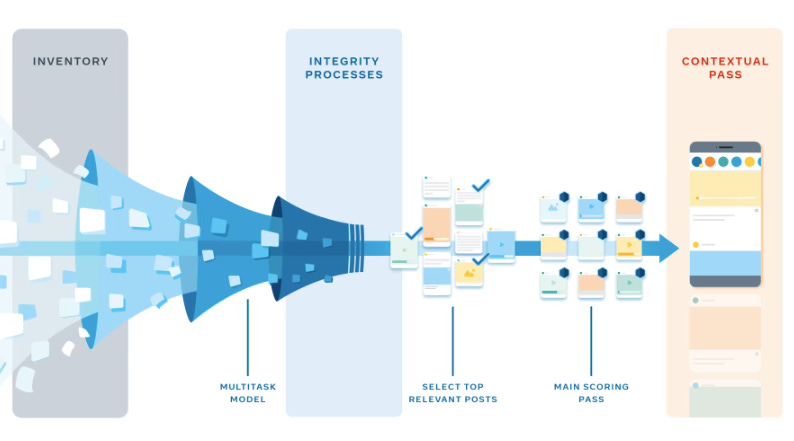Understanding Algorithm Basics
How Social Media Algorithms Work and Why They Matter
Imagine logging into your social media account and seeing a feed tailored precisely to your interests, with posts from friends, trending topics, and relevant ads. This isn’t magic; it’s the work of sophisticated social media algorithms. In simple terms, a social media algorithm is a set of rules and mathematical formulas that decide what content appears on your feed. Understanding how these algorithms work is essential for both casual users and content creators, as it empowers us to navigate and influence our online experiences.
The Fundamentals of Social Media Algorithms
Social media algorithms serve two primary purposes: content filtering and personalization. They operate through three key components:
Data collection mechanisms: These gather user interactions, preferences, and other relevant data.
Pattern recognition systems: These analyze collected data to identify user behavior patterns.
Ranking factors: These determine the order in which content appears on your feed.
Over time, social media platforms have shifted from chronological feeds to personalized experiences. This evolution has significantly impacted how users consume and interact with content.
How Algorithms Process Information
Algorithms collect and process various signals to curate your feed:
Signal collection: Includes user interactions like likes, comments, shares, time spent viewing content, click-through behavior, and content type preferences.
Decision tree: Algorithms use these signals to create a decision tree that predicts what content you’re likely to engage with.
Feedback loops: Your interactions reinforce algorithmic decisions, creating a continuous loop of personalized content curation.
Platform-Specific Algorithm Insights
Each social media platform has its unique algorithmic approach:
Facebook: Focuses on the social graph, prioritizing meaningful interactions with friends and family.
Instagram: Emphasizes engagement history and relationship signals to personalize the feed.
TikTok: Known for its rapid content assessment, the “For You Page” uses factors like location and device type to offer relevant videos.
Twitter: Relies on relevance scoring and recency factors to keep the timeline fresh and engaging.
LinkedIn: Prioritizes professional relevance and network connections to display content.
Why Algorithms Matter for Users
Algorithms have significant implications for users:
Content discovery: They help find relevant information amidst a vast amount of content.
Filter bubbles: Algorithms can limit exposure to diverse viewpoints, creating echo chambers.
Digital well-being: Influence how we consume information and spend our time online.
Privacy considerations: Your algorithmic profile reveals a lot about your preferences and behavior.
Why Algorithms Matter for Content Creators
For content creators, understanding algorithms is crucial for success:
Visibility challenges: Algorithms make it difficult to reach audiences without strategic content creation.
Strategic content creation: Crafting content that algorithms favor increases visibility.
Adaptation necessity: Keeping up with algorithm changes is essential for maintaining relevance.
Metrics that matter: Identifying key signals like engagement and relevance helps drive algorithmic success.
Navigating Algorithm Changes
To stay ahead, consider these strategies:
Staying informed: Use resources to monitor algorithm updates and changes
Resilient strategies: Focus on approaches that work across algorithm variations
User-first mindset: Prioritize audience needs over trying to manipulate the system
Ethical Considerations
Algorithms raise several ethical concerns:
Algorithmic bias: Algorithms can perpetuate inequalities and biases
Transparency issues: The lack of transparency in algorithmic decision-making is a significant challenge
User agency: Tools and settings can help users influence their algorithmic experiences
Conclusion
In summary, social media algorithms have become central to our online interactions. Understanding how they work can enhance our social media experiences and help content creators optimize their strategies. As algorithms continue to evolve, they will likely become even more sophisticated and personalized, making this knowledge increasingly valuable.


